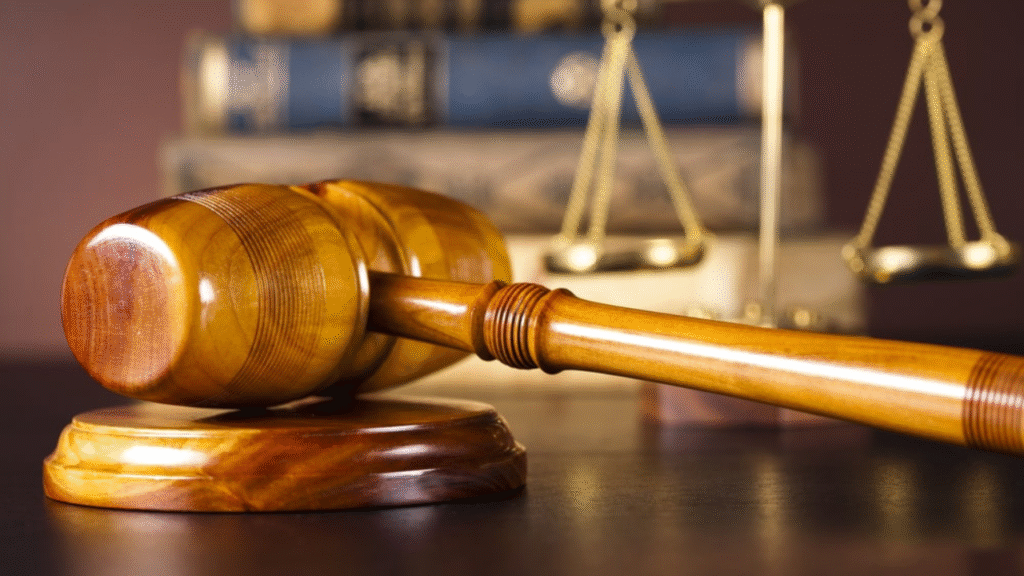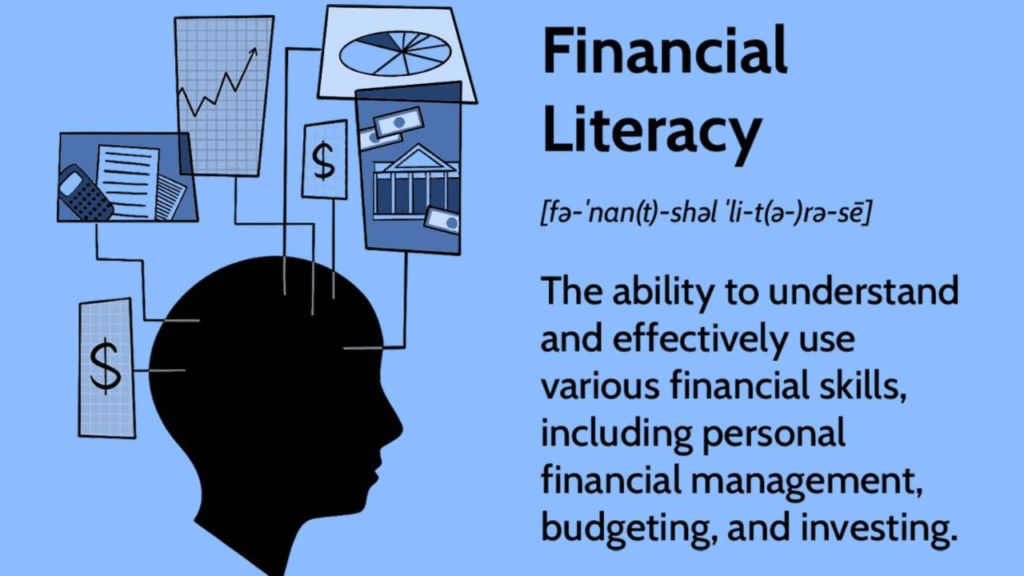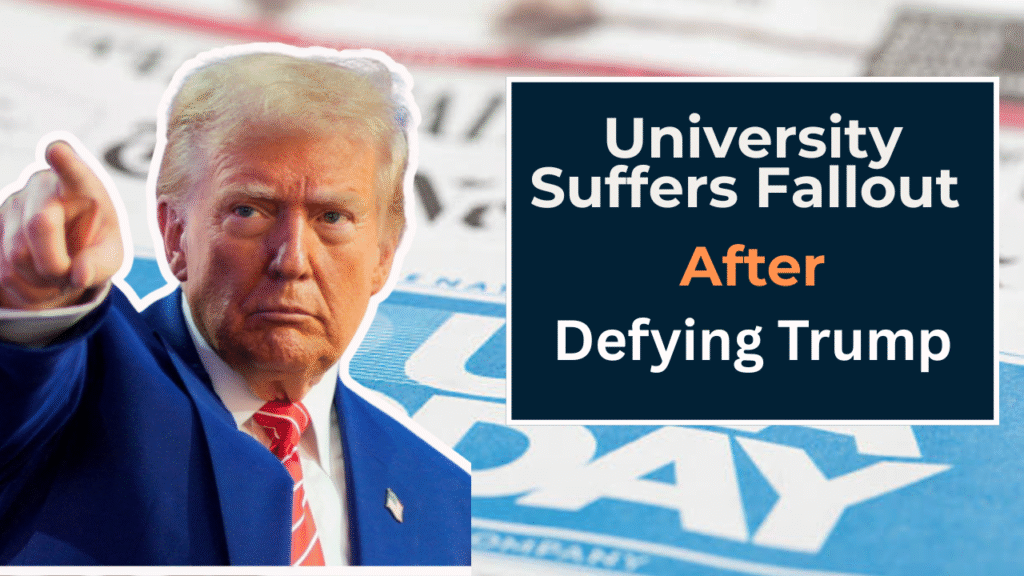A Showdown Between Academic Autonomy and Federal Power
In a stark reminder of the political tensions gripping the United States, a prominent university is facing swift and significant consequences after defying directives from former President Donald Trump during his administration. The fallout highlights the challenges American educational institutions can face when caught in the crossfire of national politics.
The university, which had taken a public stance opposing certain immigration policies introduced under the Trump administration, is now dealing with federal funding cuts, political scrutiny, and public backlash.
Standing Up Against Immigration Restrictions
The conflict began in early 2017 when the Trump administration introduced a controversial executive order commonly referred to as the “travel ban.” The order restricted entry into the United States for citizens of several predominantly Muslim countries, sparking protests nationwide and condemnation from civil rights organizations.
In response, the university’s administration issued a statement opposing the executive order. University leadership argued that the policy conflicted with the institution’s commitment to diversity and academic freedom. The statement emphasized the importance of international students and faculty to the university’s intellectual community.
Furthermore, the university joined several lawsuits filed against the federal government, claiming that the travel ban violated constitutional rights and harmed the educational mission of American institutions.
Retaliation from Washington

Shortly after the university’s public opposition, officials reported delays and unusual complications in federal grant applications. Several research projects were reportedly held up in review processes, and communications between the university and federal agencies became increasingly strained.
In the months that followed, the U.S. Department of Education conducted an audit of the university’s foreign funding disclosures, a move some faculty members viewed as politically motivated. Though the department insisted the audit was part of a routine enforcement initiative, critics saw it as retaliation.
One professor, who asked to remain anonymous due to fear of professional reprisal, stated, “The timing of the audit was suspicious. We stood up for our values, and now our ability to conduct research is being affected.”
Financial and Academic Consequences

The impact of these actions has been substantial. Several multimillion-dollar research grants were withdrawn or indefinitely postponed. In some cases, partnerships with federal agencies were suspended, affecting both faculty employment and student research opportunities.
Administrators have also reported an increase in visa denials for international scholars affiliated with the university. This trend has made it more difficult to recruit global talent and has disrupted ongoing research projects dependent on international collaboration.
The university’s leadership has acknowledged the financial strain, confirming that some departments have faced hiring freezes and budget cuts. Despite these setbacks, officials remain adamant that taking a moral stand was the right decision.
“We cannot remain silent when basic human rights and academic principles are under threat,” said the university’s president during a campus town hall meeting. “We may be paying a price, but it is one worth paying.”
Divided Public Reaction
Public reaction to the university’s defiance has been sharply divided. Supporters have lauded the administration’s commitment to ethical leadership and constitutional values. Alumni groups have mobilized to raise emergency funds, while student organizations have organized rallies in support of immigrant rights.
However, critics including some political figures and conservative media outlets have accused the university of politicizing education and prioritizing ideology over national security.
One commentator on a national news network claimed, “Universities should educate, not resist elected leadership. By opposing the administration, they’ve chosen sides in a political war.”
The polarization mirrors a broader national debate over the role of educational institutions in American democracy whether they should act as neutral arenas for debate or active defenders of certain values.
Long-Term Implications
Experts say the situation could set a precedent for how universities interact with federal authority in the future. The balance between institutional independence and government accountability is delicate, and this incident may influence how other universities handle similar dilemmas.
Michael Heller, a higher education policy analyst, noted, “This sends a message to other institutions. If you speak out, there could be consequences. But it also raises questions about what kind of democracy we want one where institutions can freely critique power or one where they stay silent to preserve their funding.”
Some university leaders across the country have privately expressed concerns but have stopped short of taking similarly bold actions, citing fears of federal retaliation.
Conclusion
The university’s decision to oppose Trump-era policies has triggered a complex chain of events that continues to unfold. While the institution grapples with financial strain and political pressure, its stance has also inspired a broader conversation about academic freedom, immigration, and the role of higher education in American society.
As universities continue to navigate politically sensitive terrain, the case underscores the cost and potential courage involved in speaking truth to power.




